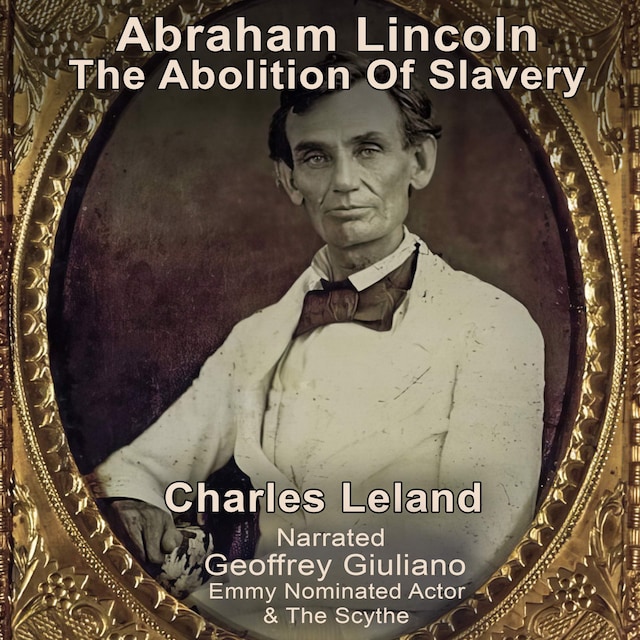
Abraham Lincoln
The Abolition Of Slavery
Description of book
Abraham Lincoln’s role in the abolition of slavery is one of the most significant chapters in American history. Although Lincoln did not begin his presidency as a radical abolitionist, his views evolved, shaped by the moral and political challenges of the Civil War. Early in his political career, he spoke cautiously about slavery, focusing more on preventing its expansion into new territories than on outright abolition. However, the realities of war and the pressure from abolitionists and enslaved people seeking freedom pushed him toward a more decisive stance. His empathy and strategic leadership positioned him as the key figure to shepherd the nation through its most turbulent transformation.
The turning point in Lincoln’s commitment to ending slavery came with the issuance of the Emancipation Proclamation in 1863. While it was limited in scope, freeing only the enslaved people in states that were in rebellion against the Union, it represented a powerful shift in national policy. The proclamation redefined the war's purpose and invited formerly enslaved men to fight for their freedom within the Union army. As the conflict progressed, Lincoln became convinced that a more permanent solution was required, one that could endure beyond the war. This conviction led him to champion the passage of the Thirteenth Amendment, which aimed to abolish slavery in every corner of the United States.
Lincoln’s vision for a united nation without slavery was met with both resistance and support, reflecting the deep divisions within the country. His leadership in the final push to pass the Thirteenth Amendment in early 1865 demonstrated not just his political acumen but also his growing moral resolve. Sadly, Lincoln did not live to see the full impact of his efforts, as he was assassinated shortly after the amendment’s passage.
Categories:
Format:
Language:
English


